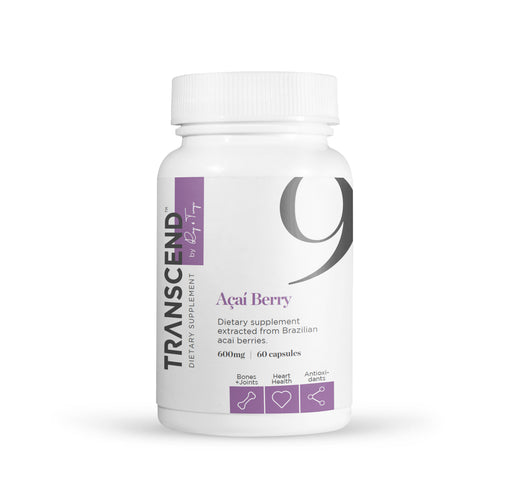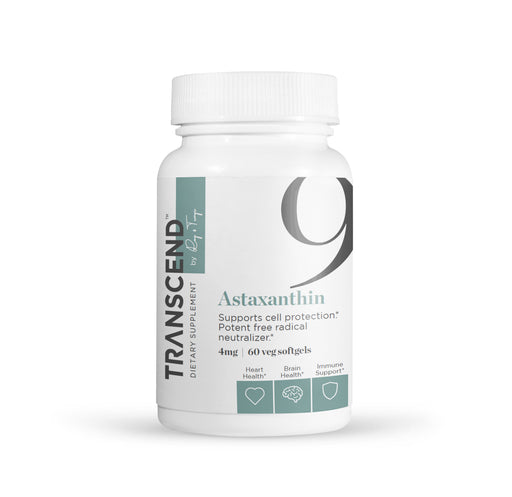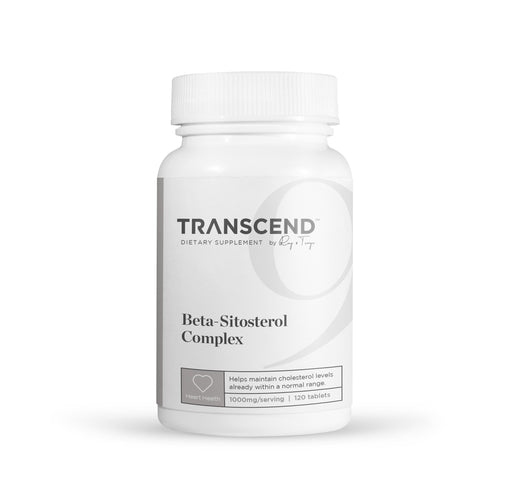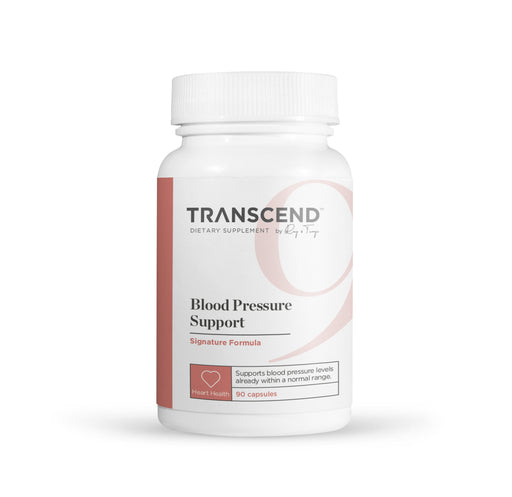
Acai Extract
Support with Increase blood antioxidant capacity Maintain proper cellular function Protect cardiovascular health The Acai Berry is a small deep ...
View full details
Zinc is one of the body's most crucial micronutrients, responsible for everything from treating heart, skin, and eye ailments to stabilizing blood sugar levels and immune function. Zinc is also essential to support wound healing and your sense of taste and smell. As we age, however, the absorption of this mineral slows and becomes impaired.
Your body usually gets enough zinc with a well-rounded diet, but this isn't always the case. When dietary intake of zinc isn't enough, supplements can fill the gap.
Zinc is present in high concentration in the eyes and plays a critical role in maintaining vision health. Zinc deficiency has been linked to reduced vision, and in severe cases, it may even lead to changes in the retina.
Every year, macular degeneration is one of the leading causes of vision loss. Zinc supplements are vital for eye health and are often used to slow the progression of age-related macular degeneration (AMD). One study demonstrated that daily consumption of 50 mg of zinc sulfate for three months could slow AMD progression in the elderly.
It's important to note that zinc supplements alone may not produce significant vision improvements and should be paired with other treatment options for the best results.
Higher zinc levels can even help you fight the common cold. Prevent infection by consuming the recommended daily allowance of zinc: 8 milligrams for adult women and 11 milligrams for adult men.
The phrase “prevention is the best cure” holds true for Zinc as it is most effective when consumed as soon as you feel the onset of a cold. Taking zinc lozenges within 24 hours of feeling common cold symptoms proves effective in accelerating recovery. Be sure to take only the suggested dose as directed on the label.
Fight Against Inflammation
Zinc may also act as an antioxidant and help reduce inflammation. Several over-the-counter medications and natural remedies contain zinc, thanks to its ability to boost immune function and protect against inflammation.
Another controlled study of older adults found that zinc supplements led to a decrease in infections in the elderly. Taking 45 mg of zinc gluconate for one year led to a fall in several inflammation markers and reduced the frequency of infections.
Control Blood Sugar Levels
Zinc supplements are well-known for their role in bringing blood sugar levels under control. Some research suggests that zinc may help keep blood sugar levels steady and improve your body's sensitivity to insulin.
Zinc is known for its role in insulin secretion and has the potential to enhance both short-term and long-term blood sugar control in diabetics.
Fight Against Acne
With the onset of COVID-19, prolonged mask-wearing has resulted in maskne (or mask acne) becoming increasingly common. For those with underlying and prolonged acne problems, zinc supplements can promote skin health and treat common acne conditions.
Inflammatory acne has shown marked reduction with regular intake of zinc supplements. Zinc is often favored over alternate treatments as it is inexpensive, effective, and associated with far fewer side effects.
Improve Heart Health
Studies have shown that zinc supplements can help reduce "bad" LDL cholesterol, protecting long-term heart health while potentially preventing heart disease. The research in this area is still limited, though, so be sure to talk to your doctor if you're interested in adding zinc to your heart-healthy regime.
Zinc Safety, Dosage, and Side Effects
As with any supplement, balance is key. When used as directed, supplementing with 15-30 mg of zinc daily can be a safe and effective way to boost your health and help assuage certain ailments. However, exceeding 40mg per day of elemental zinc can cause flu-like symptoms, including nausea, vomiting, diarrhea, and stomach pain.
Zinc can also interfere with your body's ability to absorb copper and certain antibiotics. It can potentially lead to a copper deficiency and reduce the effectiveness of some antibiotics. It is crucial to always stick to the recommended dosage and avoid exceeding the tolerable upper limit of zinc per day.
The Bottom Line
If you're looking to start building a healthier lifestyle with supplements, consult with your physician to find the right supplement for your lifestyle.

Support with Increase blood antioxidant capacity Maintain proper cellular function Protect cardiovascular health The Acai Berry is a small deep ...
View full details
Healthy Eyes, Brain and Nervous System Potent carotenoid antioxidant Promotes healthy anti-inflammatory response Formulated with Zanthin® for eye...
View full details
Beta-Sitosterol Complex 1000 mg * (Plant phytosterols, including beta-sitosterol, campesterol, stigmasterol, brassicasterol, and sitostanol.) Main...
View full details
A Kurzweil + Grossman Formula Heart Health Maintain normal blood pressure Protect organ health Natural ingredients Blood pressure is composed of...
View full details
Leave a comment